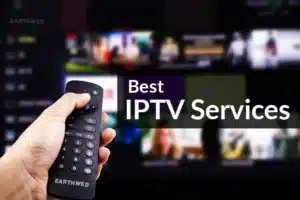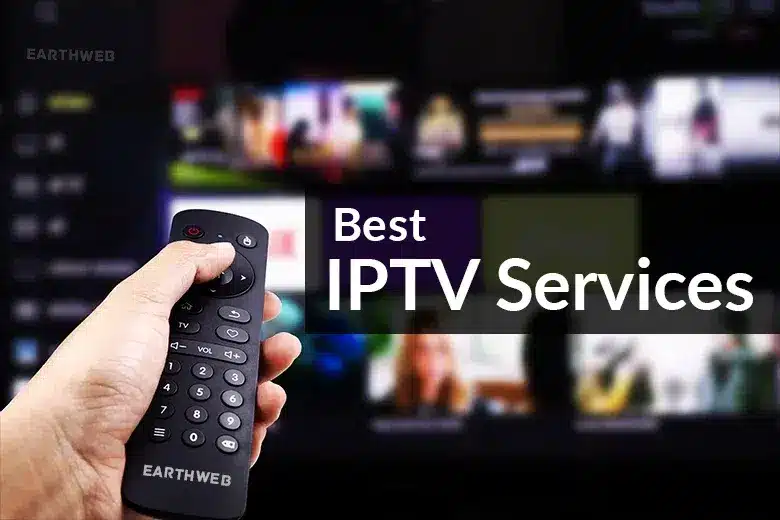
The Ultimate Guide to IPTV Servers: Enhancing Your Entertainment Experience
In this digital age, where streaming has become the norm, IPTV servers have emerged as a revolutionary technology, offering unparalleled access to a vast array of content. But what exactly are IPTV servers, and how do they enhance your entertainment experience? Let’s dive in and explore everything you need to know.
Table of Contents
| Sr# | Headings |
|---|---|
| 1 | Understanding IPTV Servers |
| 2 | How IPTV Servers Work |
| 3 | Benefits of Using IPTV Servers |
| 4 | Types of IPTV Servers |
| 5 | Choosing the Right IPTV Server for You |
| 6 | Setting Up Your IPTV Server |
| 7 | Common Issues and Troubleshooting |
| 8 | Legal Considerations |
| 9 | Future of IPTV Servers |
| 10 | Conclusion |
server! Click the link now to access the cheapest IPTV options in the UK and unlock a world of endless viewing possibilities. Don’t miss out on high-quality streaming, diverse content, and unbeatable prices. Join us today for an unparalleled viewing experience!
1. Understanding IPTV Servers
IPTV, or Internet Protocol Television, is a technology that delivers television content over the internet rather than through traditional satellite or cable methods. IPTV servers act as the backbone of this system, facilitating the transmission of multimedia content to users’ devices.
2. How IPTV Servers Work
IPTV servers work by encoding and compressing audio and video files into IP packets, which are then transmitted over the internet to users’ devices. These servers manage the delivery of content, ensuring smooth playback and minimal buffering.
3. Benefits of Using IPTV Servers
- Wide Range of Content: IPTV servers offer access to thousands of channels, including live TV, on-demand movies, and series, catering to diverse tastes.
- Flexibility: Users can access IPTV services on various devices, such as smart TVs, computers, smartphones, and tablets, providing convenience and flexibility.
- Cost-Effectiveness: Compared to traditional cable or satellite TV subscriptions, IP TV services often offer more affordable packages without compromising on content quality.
4. Types of IP TV Servers
- Public IP TV Servers: These servers are openly accessible to anyone with an internet connection, offering a wide range of channels but often with inconsistent quality and reliability.
- Private IP TV Servers: Private servers require authentication or subscription to access content, ensuring better quality and reliability, along with additional features such as on-demand content and DVR functionality.
5. Choosing the Right IP TV Server for You
When selecting an IP TV server, consider factors such as content availability, reliability, compatibility with your devices, pricing, and customer support. Researching user reviews and recommendations can also help in making an informed decision.
6. Setting Up Your IP TV Server
Setting up an IP TV server typically involves subscribing to a service provider, configuring your device to access the server, and installing any necessary apps or software. Many providers offer detailed guides to assist users in the setup process.
7. Common Issues and Troubleshooting
While IPTV servers offer numerous benefits, users may encounter occasional issues such as buffering, freezing, or service outages. Troubleshooting steps may include checking internet connection speed, restarting devices, or contacting the service provider for assistance.
8. Legal Considerations
It’s essential to be aware of the legal implications of using IP TV servers, as accessing copyrighted content without proper authorization may violate intellectual property laws. Ensure that you subscribe to legitimate services and respect copyright regulations.
9. Future of IP TV Servers
As technology continues to evolve, the future of IP TV servers looks promising, with advancements in streaming quality, content diversity, and interactive features expected to enhance the user experience further.
10. Conclusion
In conclusion, IP TV servers have revolutionized the way we consume television content, offering unparalleled access, flexibility, and affordability. By understanding how IP TV servers work and choosing the right provider, you can elevate your entertainment experience to new heights.
FAQs (Frequently Asked Questions)
1. What devices can I use with IPTV servers?
You can access IP TV services on various devices, including smart TVs, computers, smartphones, tablets, and streaming devices like Roku or Amazon Fire TV.
2. Are IP TV servers legal?
The legality of IP TV servers depends on the content being accessed. Subscribing to legitimate IPTV services that have obtained proper licensing for the content is legal. However, accessing copyrighted material without authorization is illegal.
3. Can I record shows with an IP TV server?
Some IPTV servers offer DVR (Digital Video Recorder) functionality, allowing users to record shows for later viewing. However, availability may vary depending on the service provider.
4. What should I do if I experience buffering or playback issues?
If you encounter buffering or playback issues with your IP TV server, try troubleshooting steps such as checking your internet connection, restarting devices, or contacting your service provider for assistance.
5. How do I choose the right IP TV server for my needs?
When selecting an IP TV server, consider factors such as content availability, reliability, compatibility with your devices, pricing, and customer support. Researching user reviews and recommendations can also help in making an informed decision.

